Listen Up: It’s Time You Finally Used a Freaking Makeup Primer
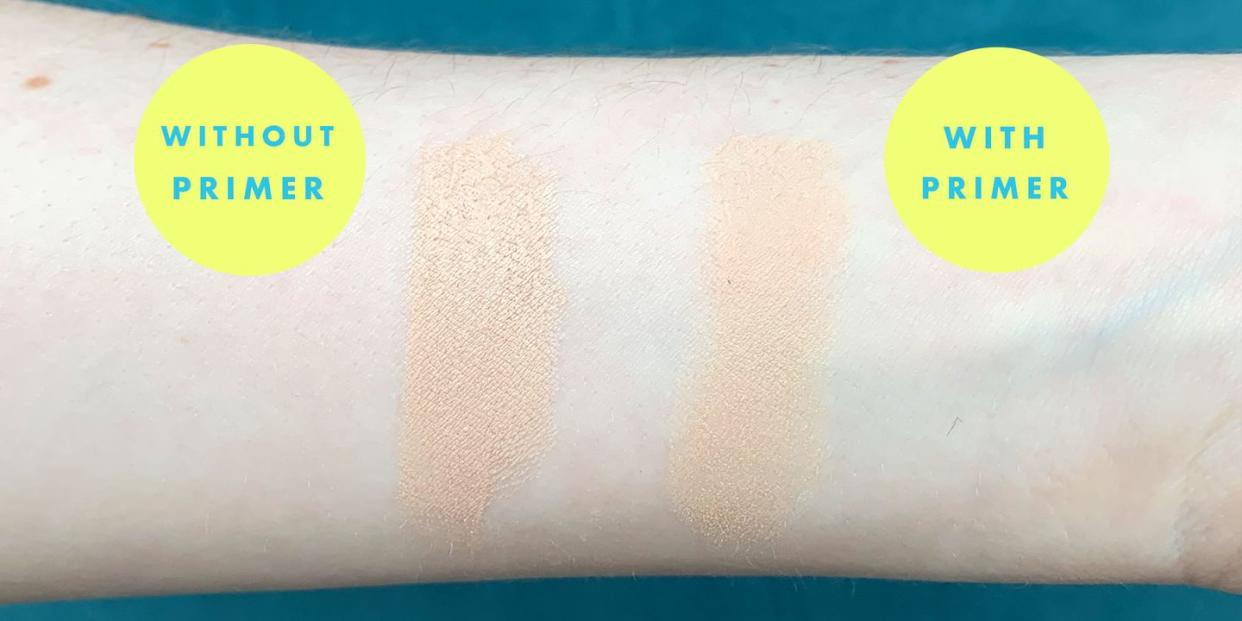
"Hearst Magazines and Yahoo may earn commission or revenue on some items through the links below."
If I were queen of the world, my first decree would be that all people who choose to wear makeup must do so in conjunction with a makeup primer. (…And then, you know, I’d tackle the whole global warming/poverty/war thing). Because that is how g’damn passionate I feel about face primers and their game-changing benefits. Not only does makeup primer create a silky-smooth, poreless canvas for your makeup to adhere to, but it also helps your face and eye makeup stay on all day without slipping, fading, or creasing. Basically, primer is your bestie, and you’re ghosting it (TBH, shame on you, wow).
“But I triiiied it once, and it was weeeiiirdddd,” I hear you cry. Or “I hate the feeeeling of stuff on my faaaace,” or “I have oily/dry/acne-prone/unicorn skin and I’m scaaaared.” Listen, I’ve heard all the whines from coworkers and friends and DMs over the years, and my answer is always the same: You probably didn’t use the right one (and some primers legit suck). So I’m here today, as your future world-dominating queen, to help you find the best makeup primer, tell you how to apply it, and send you on your merry way with the greatest makeup finish of all time.
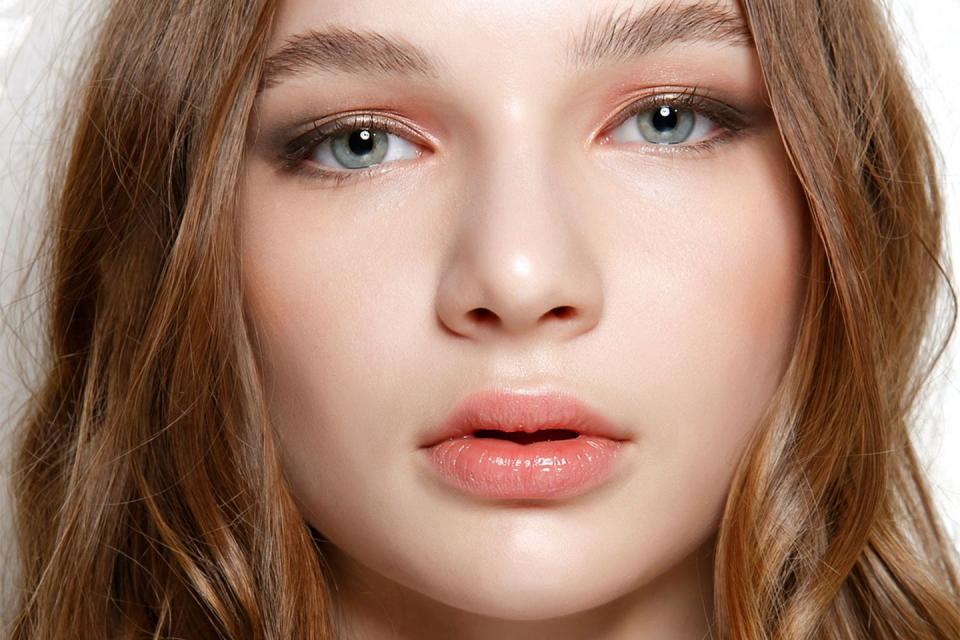
What is the purpose of makeup primer?
To make your makeup look 100,000 percent better. Really, it’s that simple. Makeup primers are a gel, cream, or liquid formula that, when smoothed over your skin, fill in your tiny creases, large pores, flaky patches, and bumpy textures, creating nothin’ but a smooth surface for your makeup to glide over (which means your concealer or, say, foundation, won’t stick to your dry patches, or settle into your creases, or cake up around your acne scabs).
Think of it like a layer of fondant smoothed over a jagged cake or a top coat glazed over your smudged manicure. Makeup primer basically blurs, hides, and evens out your skin texture (not fully—it ain’t sorcery—but still to a noticeable degree). And because your makeup isn’t competing with roughness and oil slicks, it adheres to your face for hours longer than it usually would, even in super-humid, sweaty temps.
Do you need makeup primer?
When it comes to makeup, you don’t need anything. You can use (or not use) whatever the heck you want that makes you and your face happy. But if you’re someone who ends up with raccoon eyes, smudged eyeliner, crease-y, slide-y, patch-y foundation/eyeshadow/concealer/etc. by the end of the day, you would most likely benefit from trying a makeup primer. And also, if words aren’t enough for you, maybe these photos I took of my beautiful, pale-as-f*ck arm will be able to show you just how powerful primer is:
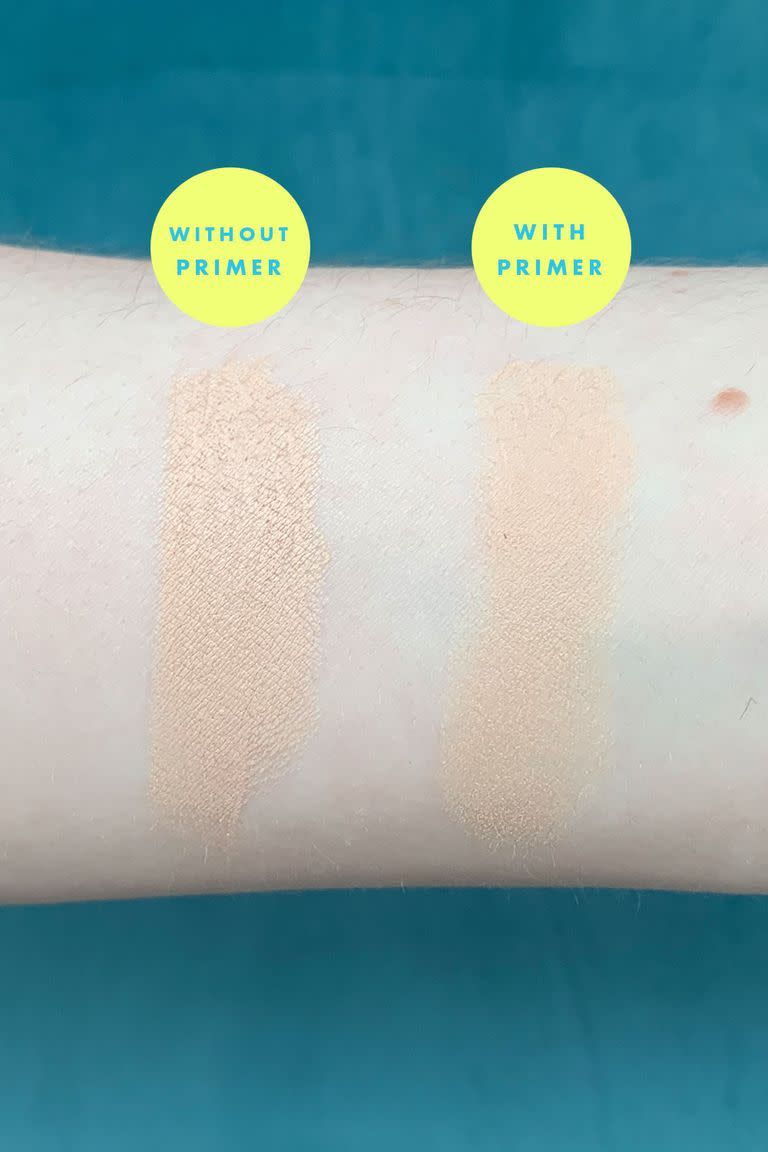
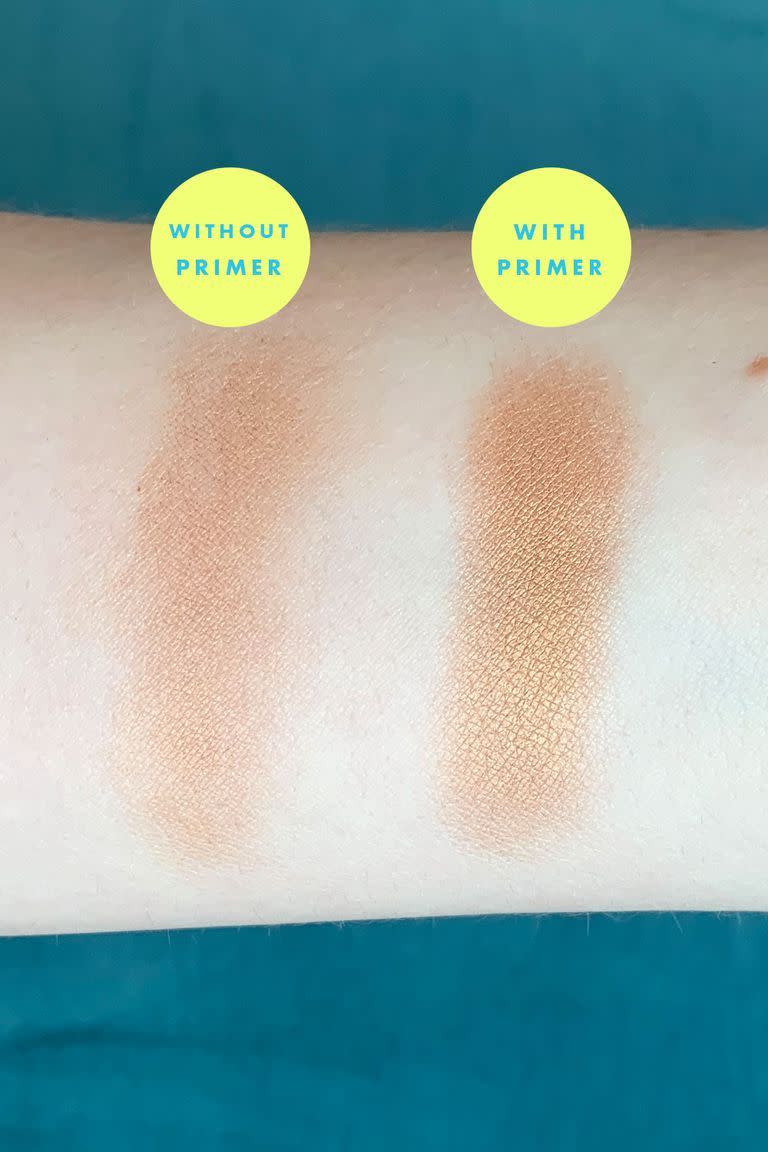
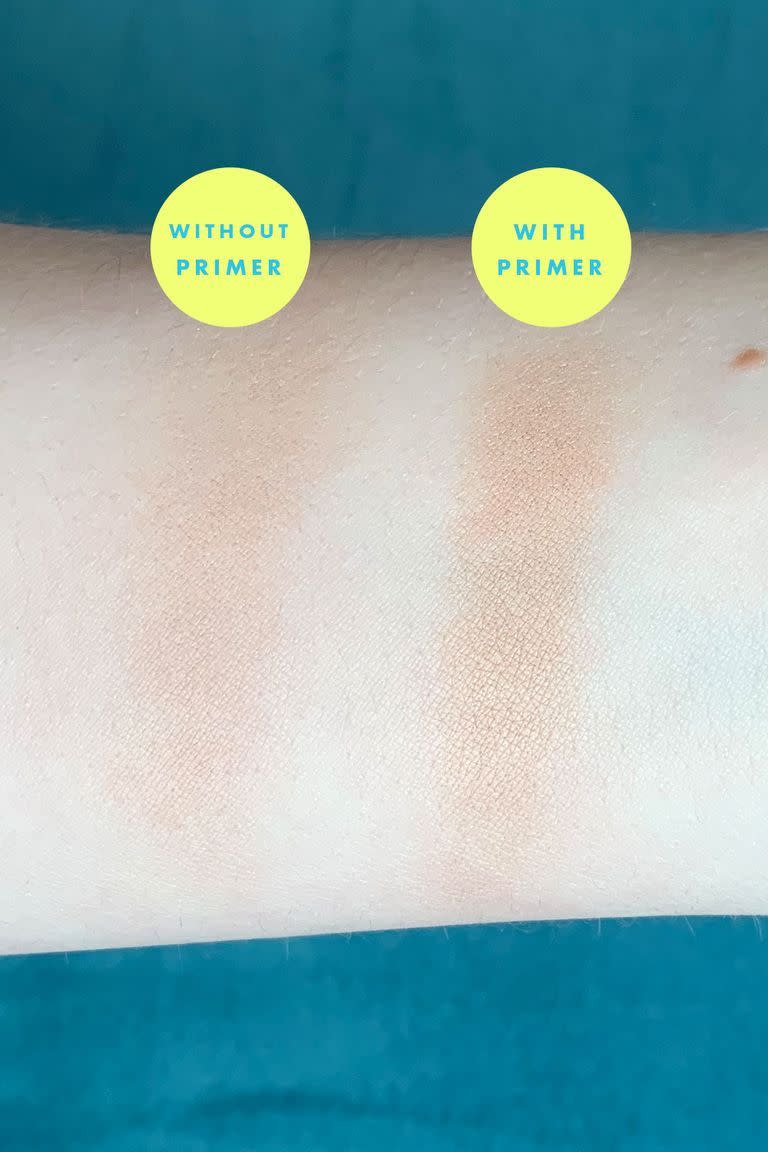
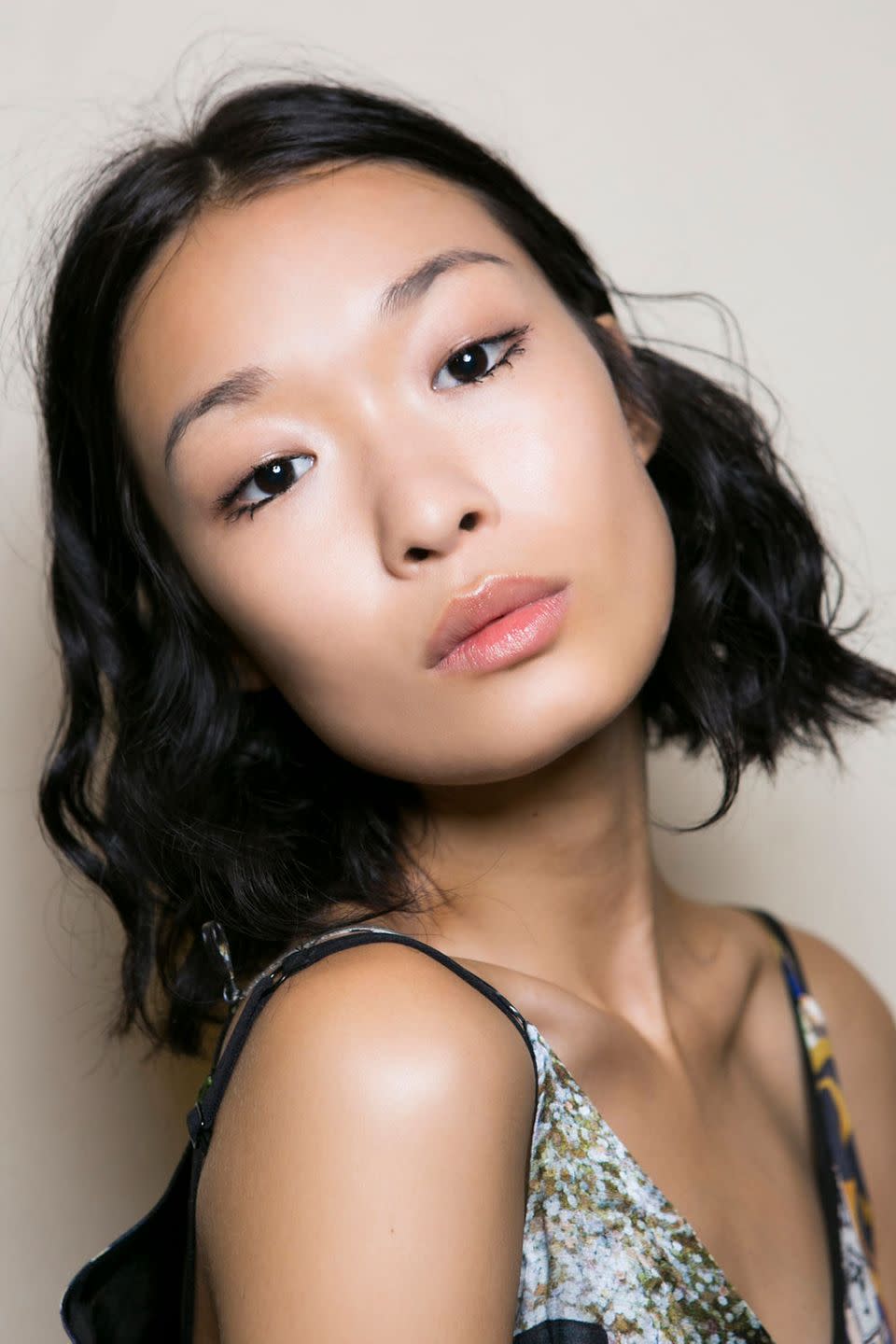
What makeup primer should you choose?
Here’s the thing about makeup primers: They’re available in a ton of different forms, just in case you feel like priming your whole face (not necessary, IMO). You’ve got your lip primers (to help keep your lipstick smooth and long-lasting), your eyelash primers (to prevent clumps and lengthen lashes), your eyeshadow primers (to prevent creasing, fading, and smudging), and your face primers, which I’ll be focusing on today (and, to be honest, I tend to slather my makeup primer all over my lips and lids, and I personally think it’s excellent as an all-in-one primer).
Face primers are also not created equal—you can get hydrating primers for dry skin, mattifying primers for oily skin, color-correcting primers for redness, and approximately 20 other types, finishes, and consistencies. But, really, all makeup primers boil down to two important, distinct categories: silicone-based or water-based formulas. And that, my friends, is where dreams are made and broken.
Silicone-based primer vs. water-based primer:
Yes, this is incredibly important, so stay with me. Silicone primers give your face a super smooth, silky, soft feeling, which allows your makeup to glide over your skin without sinking into pores and creases. Silicones also form a protective little shield over your skin, trapping in moisture to keep skin hydrated and protected. You’ll know you’ve got a silicone primer if one of the first five ingredients ends in -cone or -siloxane (like dimethicone, polysilicone, trisiloxane, cyclopentasiloxane, etc.). It’s not an exact science, but if -cones or -siloxanes aren’t present, you’ve probably got a water-based primer.
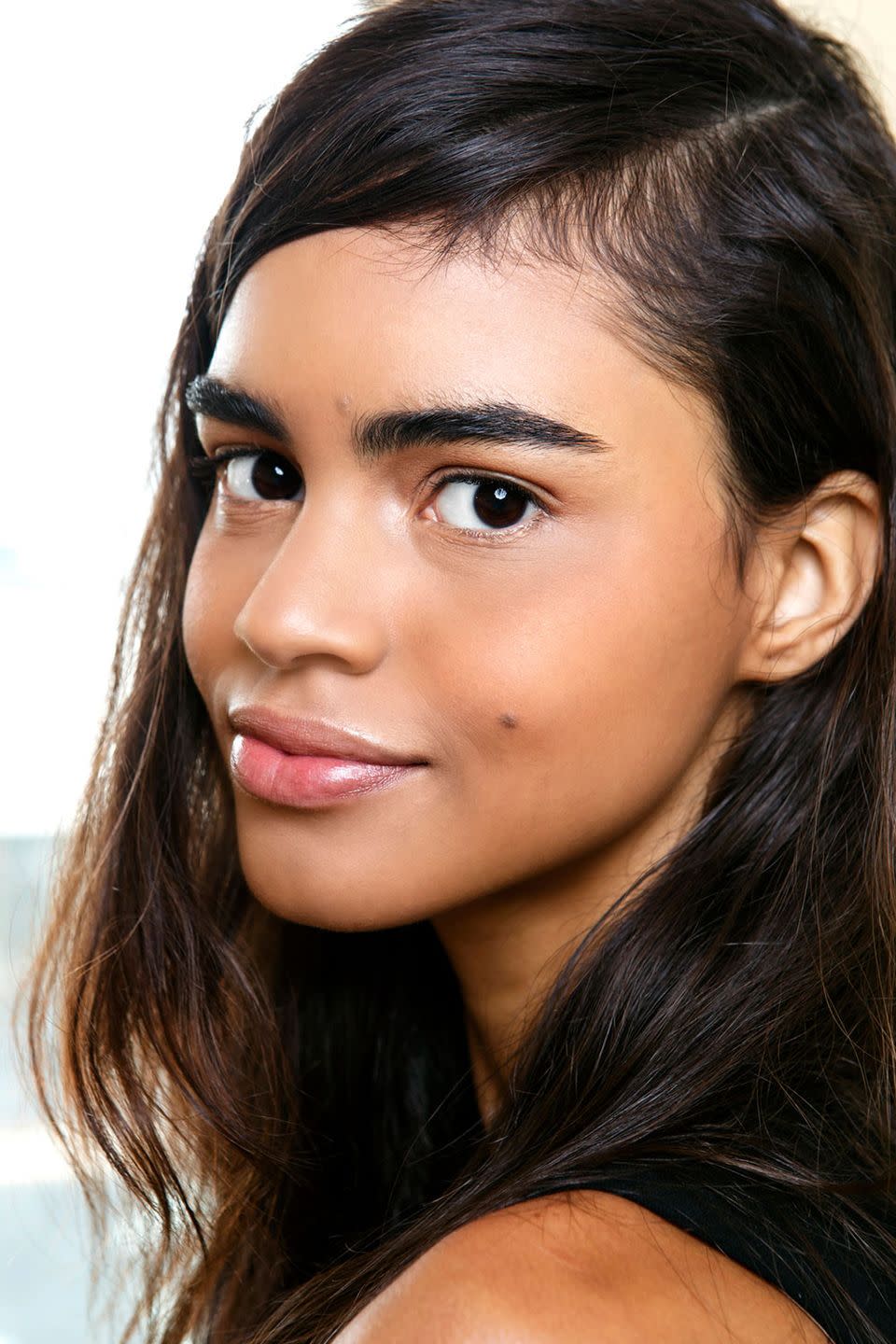
And water-based primers are essentially lightweight moisturizers that make your skin feel, uh, slightly moisturized (maybe slightly dewier? Slightly matter? Slightly something-er?). Here’s a hot take: I, personally, am not a fan of water-based primers. I don’t think they do anything special for your makeup, especially if you’re already wearing a moisturizer, and they offer none of the same skin-smoothing properties as a silicone primer. I, as future queen, will force nobody to wear a water-based primer.
That’s not to say silicone-based primers are the end all be all (although, for my face, they absolutely are). Some people hate the feeling of silicones or swear silicones break them out and just prefer the finish they get with a water-based primer. And to that, I say experiment! Play around! But you’ll also know my answer to the following question:
What is the best makeup primer?
I think as long as it’s a simple, silicone-based primer, you can’t really go wrong. But, of course, it all depends on your skin type and texture, which means you may end up trying a few before you fall in love.
For me, I swear by Monistat Chafing Gel, a cheap, $5, Reddit-loved primer dupe that I’ve used and loved since high school. Unlike some face primers that are filled with a bunch of 12-letter-long ingredients and, like, glitter, this powder-soft gel (which is technically used to prevent thigh chafing) is formulated with only the good stuff—i.e. silicones and not much else. I have at least a dozen friends hooked on it, but if you want more ~options~, try one of my other favorite cheap drugstore primers that I’ve used in a pinch:
How do you apply primer?
Careful, this answer is almost too simple: Just…smooth it over your skin before applying makeup. That’s it. It’s hard to mess up, but there are some best practice rules I’ve found over the years:
1. Primer works best on clean, freshly moisturized skin (although wait at least five minutes for your moisturizer to sink in before applying it. The world won’t end if you wait one minute instead, but, hey, just givin’ tips).
2. Use only a thin layer of primer (usually a pea-size blob for your entire face)—glob on too much, and your makeup can end up sliding around instead of melting into your skin.
3. Wait a full 60 seconds for your primer to “set” before slathering on your concealer and foundation.
But also, know that there really aren’t any hard rules for primer. I’ve woken up from a day-drinking nap, rubbed primer over my messy, smudgy makeup, reapplied fresh makeup on top, and ran out to dinner, all with smashing success and zero issues.
Can you wear primer without makeup?
Um, hell, yes you can! If you’re using a water-based primer, you’re basically just adding another layer of moisture to your skin (and maybe even some color-correcting or brightening powers, depending on the formula you get), which is always a plus. And if you’re using a silicone-based primer, you’re mattifying your face, blurring your pores, and also trapping moisture in your skin to keep it from drying out. Basically, wearing primer without makeup can still give you skincare benefits, and this is why face primer is magical.
The TL;DR:
Yes, makeup primer is good, yes, it can rock your world, and yes, I will be queen someday.
You Might Also Like